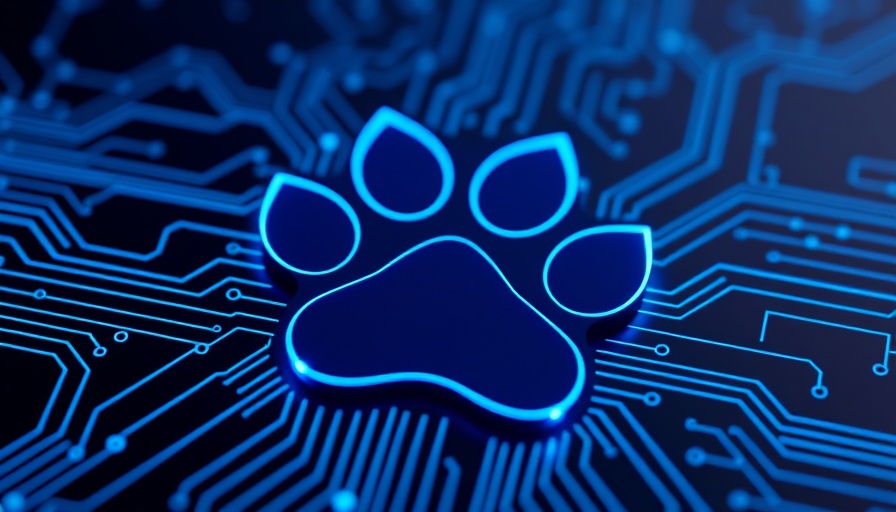
Transforming Animal Healthcare: The Digital Revolution
In the dynamic landscape of veterinary medicine, next-generation technologies are ushering in an era of transformation. From artificial intelligence (AI) diagnostics to the Internet of Things (IoT), these tools are fundamentally reshaping how animals are cared for. The developments span wearable devices that provide real-time monitoring to telemedicine solutions enabling remote consultations, paving the way for more personalized and effective care.
AI: Reshaping Diagnostics and Predictive Capabilities
Artificial intelligence stands at the forefront of these advancements, significantly enhancing diagnostic accuracy in veterinary practices. Algorithms can proficiently analyze a myriad of data—from diagnostic images to genetic profiles—unearthing patterns that may elude even seasoned veterinarians. This technological prowess allows for quicker, more accurate diagnoses, and in some cases, AI systems even outperform human specialists in identifying fractures and tumors in imaging scans.
Remote Monitoring: The Power of Wearable Devices
Wearable technologies for animals, often underestimated, are crucial for enhancing health outcomes. Smart collars and IoT devices allow veterinarians and pet owners to monitor vital signs and behaviors in real time. This immediate access to health data not only fosters early detection of potential health issues but also aids in devising personalized healthcare plans, thus improving the overall well-being of pets and livestock alike.
Changing the Landscape: Telemedicine and More
Telemedicine is another critical innovation changing animal healthcare. With this technology, pet owners can consult with veterinarians from the comfort of their homes, reducing stress for both patient and owner. Furthermore, integrated chatbots and virtual assistants are streamlining appointment scheduling and offering basic medical advice, enhancing clinic efficiency.
Integrating Innovations for a Healthier Future
The integration of advanced technologies into veterinary practices can lead to remarkable improvements in care delivery. As technologies like AI, IoT, and telemedicine become more widely adopted, veterinarians will have better tools to enhance service quality, optimize operations, and ultimately care for their patients in a more informed manner. This technological advancement not only serves the immediate health needs of animals but also sets the stage for future innovations in the field.
 Add Row
Add Row  Add
Add 

 Add Row
Add Row  Add Element
Add Element 




Write A Comment